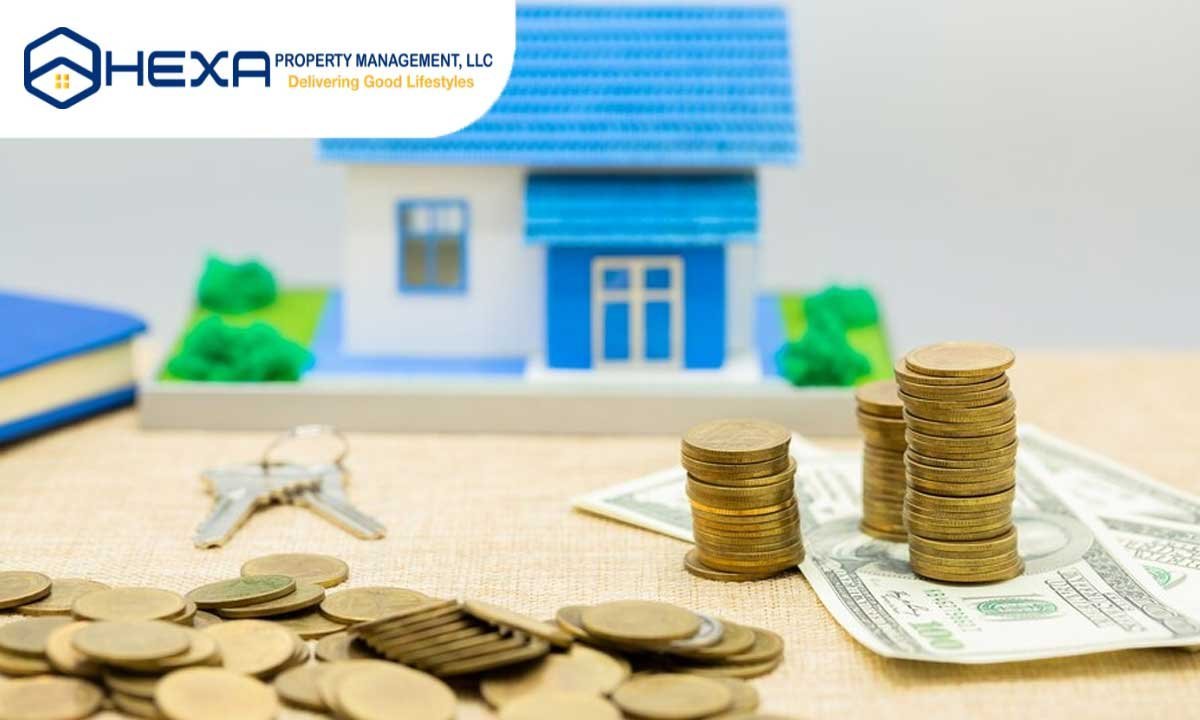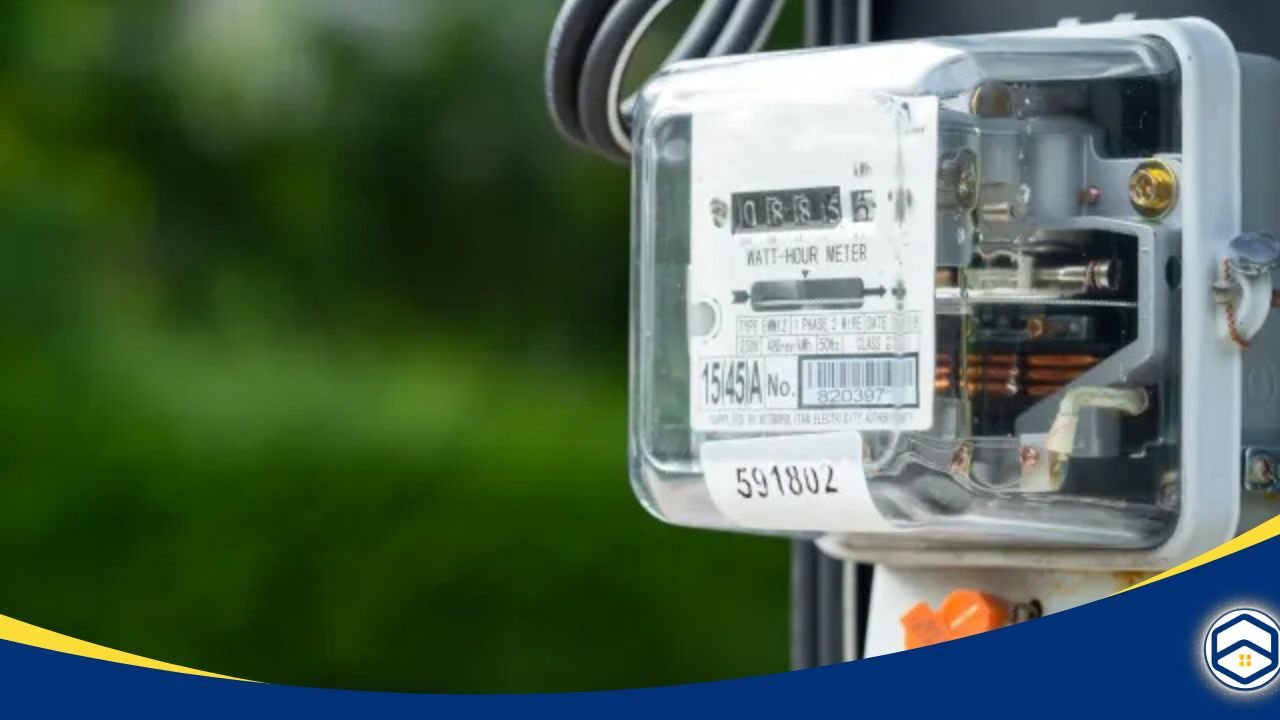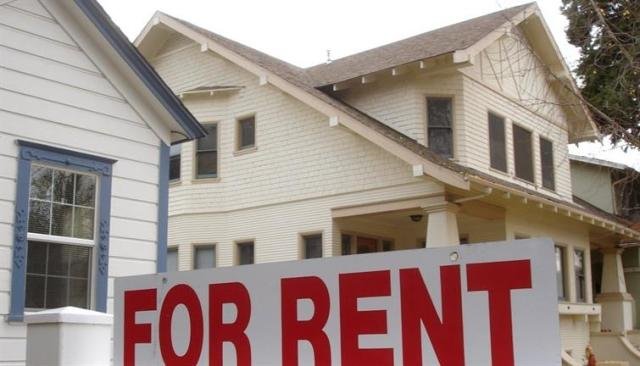What is a security deposit for an apartment? It’s a symbol of trust between you and your landlord. But behind this promise lies a bit of a puzzle. Let’s unravel this mystery together, understanding what this deposit is all about, how it works, and what to do if things get complicated.
What is a security deposit for an apartment and how does it work?
A security deposit is like a promise – a way to show your landlord or seller that you’ll take care of their property. Sometimes, this deposit can be given back to you later, but it depends on what you agree on when you rent or buy. This money is a safety net. It’s there in case something gets damaged or goes missing while you’re living there. But here’s the thing: rules about these deposits aren’t the same everywhere. Different states have different laws about where and how this money should be kept.

Usually, the amount you pay for a security deposit equals one month’s rent, and you pay it before you move in. It’s like a guarantee for the landlord—if something gets broken while you’re living there, they can use this money to fix it.
However, if everything’s in good shape when you leave, you might get this deposit back. It’s kind of a reward for taking good care of the place. So, it’s a way to protect the property, but also a chance for you to get some money back if you’re a responsible tenant.
Security Deposit vs Last Month’s Rent – What Is the Difference?
Imagine your lease says your security deposit is also your last month’s rent. That means the money you paid upfront is only for your final month’s rent. You can’t use it to fix any damages in the apartment. Now, most of the time, the security deposit and the last month’s rent are separate.
The security deposit is money you give your landlord to cover any damage you might cause while living there. It’s not something you get back unless everything’s in good shape when you leave. But if your lease says you don’t need a separate security deposit, and your last month’s rent acts as the deposit, it changes things.

In this case, if something gets broken because of you, the landlord has to fix it without taking money from your last month’s rent. Knowing these differences helps you understand how your money works and what responsibilities you have as a tenant. Always read your lease carefully so you know exactly how your deposit and rent payments work together.
What factors can impact the amount of your security deposit?
The amount of security deposit you need to pay can be influenced by several factors, and property owners in most states have the freedom to decide how much they want to charge for it.

- Landlord’s decision: Property owners have the final say on how much they ask for in terms of a security deposit. It’s often based on their assessment of potential risks and their property’s value.
- Credit scores and rental risk: Lower credit scores might lead to landlords requesting a higher security deposit. They see it as a safeguard against possible missed rent payments, considering it a higher risk.
- Background checks and rental history: Landlords may turn down applicants with criminal histories or low credit scores. And if they do accept them, they might charge higher security deposits due to perceived risks.
- Rent increases: Sometimes, a hike in rent might prompt a landlord to ask for more security deposit. This increase might be covered using interest earned on the existing deposit if it’s held in a savings account.
- Deposit changes: If your rent changes and that impacts your security deposit, you’ll likely need to make an additional payment to cover the difference. It’s an adjustment that might occur throughout your tenancy.
These factors vary and depend on the landlord’s policies and the circumstances. Understanding these influences can help you anticipate potential changes in your security deposit and rental agreements.
When do you pay a security deposit for an apartment?
Usually, you pay it after signing the lease but before paying your first month’s rent. Landlords often want both payments before they give you the keys. Make sure you ask your landlord about how they want to get paid—some take online payments or cards, while others might ask for a check in person. It’s a good idea to save up for this deposit before you start looking for an apartment to avoid any surprises later on.
Are there other options instead of using security deposits?
The traditional way involves upfront payment of a security deposit. But if that doesn’t suit you, here are a few alternatives:

- Rental insurance: Instead of a lump-sum deposit, tenants can opt for rental insurance. It’s an additional monthly fee on top of rent. Keep in mind, though, that this fee isn’t refundable like a deposit would be.
- Pay-per-damage: Here’s a more flexible option. You pay for any damage or loss as it happens, only if there’s proof that you’re responsible for it. It’s a case-by-case payment system based on incidents.
- Delayed deposit payment: If paying a big deposit upfront is tough, some landlords might allow you to pay it in installments. This eases the financial burden at the start of your lease.
How to Get Your Security Deposit Back?
Getting your security deposit back can be a breeze if you follow these steps. First things first, make sure you give your landlord a heads-up 30 to 60 days before you plan to move out. This helps smoothen the process and shows respect for their timeline.
Next, ask your landlord about the specific steps for getting your deposit back. Some use online systems for automatic returns, while others might have different procedures like pickup or mail. Providing your forwarding address is crucial here, so they know where to send the deposit.
Once you’ve moved out, the landlord will typically inspect and clean the place. After this, they’ll return your deposit. But if two weeks fly by without any sign of your money, don’t hesitate to reach out to your landlord for clarification.
Keep in mind, that the condition of the apartment plays a big role. To ensure fairness, landlords might withhold some or all of the deposit based on damages. If they do, request a breakdown of these deductions to understand how your deposit was used.

Here’s a pro tip: document everything! Take photos when you move in and when you move out. These can serve as evidence of the apartment’s condition, helping resolve any disputes about damages later on.
What can you do if your landlord or property manager refuses to return the security deposit?
If your landlord or property manager won’t give back your security deposit, try talking to them first. Explain why you think you should get it back, mentioning what the lease says.
If that doesn’t work, write a letter explaining why you should get your money back and how much. You can send it by certified mail or email and keep a copy.
If that doesn’t fix things, you might have to take legal action by going to small claims court but remember, it can take a while.
Also, rules about deposits can change depending on where you are and who owns the property. Before signing a lease, make sure you know how deposits are handled to protect yourself later on.

FAQs
What happens if the damages exceed the amount of my security deposit?
When the damages in your place are more than what your deposit can cover, your landlord might ask you for more money to fix everything up.
They’ll send you a letter explaining what got damaged and how much it’ll cost to fix it, and they’ll want you to pay the extra amount. If you ignore this and don’t pay up, things could get worse, and your landlord might take legal action, like going to court.
It’s better to deal with these payments quickly to avoid more stress and legal problems. Sorting things out fast can help keep things calm and prevent more issues later on. If you think it’s not fair to ask for more money, getting advice from a legal pro can help you figure out what to do next and understand what you can do about it.
What Can Cause You To Lose Your Security Deposit?
The biggest reason tenants don’t get their security deposit back is when there’s damage to the apartment that goes beyond what’s considered normal wear and tear.
Landlords use the deposit money to fix up or clean the place in these cases. Additionally, if you leave with unpaid rent or utility bills, the security deposit might cover those costs too.
To steer clear of losing your deposit, it’s crucial to make sure all payments related to the apartment are up to date before you move out.
That way, you can avoid any surprises and increase your chances of getting your full deposit back.
Is it possible for the security deposit to cover the last month’s rent?
In certain states, landlords have the option to use the security deposit to cover the final month’s rent when tenants move out.
This practice provides landlords with more time to find new renters without losing out on the rent payment. However, the treatment of the last month’s rent and security deposit can vary based on local laws.
Sometimes, these two amounts are handled separately. Before a landlord decides to use any part or the entire security deposit to cover the final month’s rent, they might require written approval from the tenant.
This written agreement ensures clarity and mutual consent between the tenant and landlord regarding the use of the security deposit for rent purposes.
Is there a maximum security deposit that can be collected?
The most you can be asked to pay as a security deposit changes depending on where you live. Some states have rules that say the highest amount landlords can ask for, while in other places, landlords get to decide. It’s really important to check your state’s laws about security deposits before you pay anything. This helps you know exactly what’s allowed and prevents any problems later on.
How long does it usually take to receive my security deposit back?
When you leave a rental place, you usually get your security deposit back in about a month, but this might change based on who manages the place and the rules in your state. It’s a good idea to look at your lease to know exactly when and how you’ll get the money back.
If you don’t get it all or some of it back, the property manager has to explain why in writing. They should give you a list showing what they took out of your deposit. Some states need receipts for the repairs, too.
In the world of renting, a security deposit is both a safety net and a responsibility. As you navigate your renting journey, make sure you know the rules in your area, read your lease carefully and know what to do if issues come up about your deposit. This knowledge is your guide, helping you sail smoothly through renting and ensuring you’re prepared for whatever comes your way.










